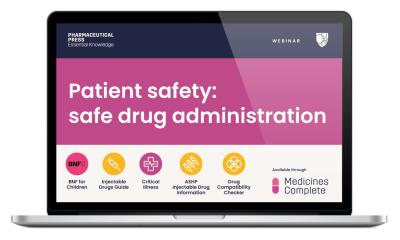European Practice Assessment wins Health Award 2009
The "European Health Award" presented this year at the European Health Forum Gastein (EHFG) goes to the European Patient Assessment (EPA) project. EPA is designed to improve the exchange of knowledge and experience by practical physicians in the area of primary care. Cross-border healthcare initiatives are distinguished every year with the European Health Award.
“The project is well-structured and makes a significant contribution to ensuring home care can be compared in participating countries,” Günther Leiner, president of the European Health Forum Gastein and chairman of the jury of experts presenting the European Health Award to EPA, explains. “Particularly remarkable is the fact that the unfortunately often neglected area of primary care is the subject of broad international cooperation. Here the European countries and therefore the patients can still expect enormous improvements as a result of the cross-border exchange of information and the adoption of best-practice models.”
The fact that there are big differences in the quality and efficiency of primary care, even in countries of a similar economic situation and comparable healthcare, shows the enormous potential for improvement. The general lack of international comparability and insufficient adoption of best-practice models play a significant role in the dissatisfying situation. EPA can help close these significant gaps. Project partners in Belgium, Germany, England, France, Israel, the Netherlands, Austria, Switzerland, Slovenia and Wales are involved in EPA.
“Well-organized primary care contributes to better health outcomes and satisfaction in patients and lower costs,” says Richard Grol, professor at St. Radboud Medical Center at the University of Nijmegen (Netherlands) and co-coordinator of the projects. “EPA supports the improvement of practices and contributes to a high-performing health system and optimal care for patients.” One of the benefits of EPA is that it focuses on primary care teams –doctors and nurses – which is crucial for achieving real improvements in patient care.”
Numerous outstanding projects
EPA prevailed over a series of excellent competitors in the presentation of the European Health Award 2009. Additional finalists were:
Diabetes: Best Information through Regional Outcomes (BIRO)
The aim is a European health information system with uniform parameters and indicators, data protection regulations and – if possible – the harmonisation of organisational processes.
The WHO Health in Prisons Project (HIPP)
This long-term project of the WHO addressed improved healthcare for prisoners, also in matters of HIV prevention, tuberculosis and mental illness.
Patient Safety Information System (PaSIS)
The objective of PaSIS is the rapid detection of the sources of error and development and implementation of effective counterstrategies through a well-functioning alarm system.
Pharmaceutical Pricing and Reimbursement Scheme
Health insurers and public health authorities are to obtain easy-to-compare data on the pharmaceutical market and costs of medicines. The content of the project was the creation of country profiles and indicators for comparison.
Rare Diseases: the Rapsody Project
Competence centres are to be established in participating countries for 16 rare diseases. The aim is to exchange information on methods throughout Europe, to compare services in various countries and to identify the best methods.
30.09.2009





